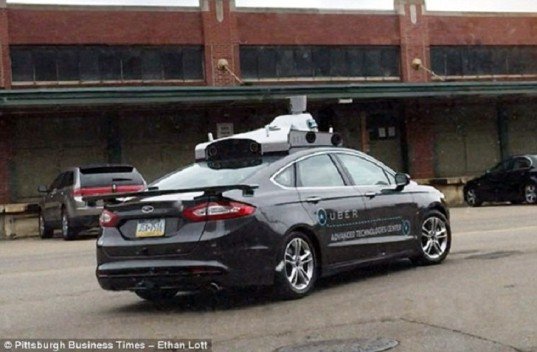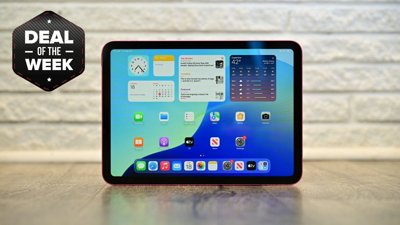Uber is set to acquire the imagery collection unit of Microsoft's Bing Maps division — Â giving the ridesharing service a leg up as it seeks to lessen its dependence on mapping products from Apple and potential rival Google — Â in a deal that will see Microsoft end its own in-house mapping data efforts.
Approximately 100 Bing Maps employees will make the move to Uber along with unspecified mapping "assets," according to TechCrunch. Financial terms of the agreement remain unknown.
Microsoft will reportedly continue to offer Bing Maps using data licensed from third parties, though it's unclear if Uber will be among those vendors following the transition. The company told Re/code that the sale is designed to let the remaining maps team focus on the user experience.
"Over the past year, we have taken many actions to focus the company's efforts around our core business strategy," Microsoft said. "In keeping with these efforts, we will no longer collect mapping imagery ourselves, and instead will continue to partner with premium content and imagery providers for underlying data while concentrating our resources on the core user experience. With this decision, we will transfer many of our imagery acquisition operations to Uber."
Microsoft's exit casts Apple's decision to ramp up its own mapping data program as an even more important strategic move. Uber is unlikely to license its maps — Â instead leveraging them as a competitive advantage against the likes of Lyft — Â making one fewer available source for high-quality geospatial data.
That already-small circle could contract even further if Uber is successful in its bid for Nokia's Here Maps, which is thought to have topped $3 billion.
Mapping has long been a killer app for mobile devices and is quickly becoming the next Silicon Valley battleground. In addition to the future enhancements likely to emerge from Apple's expanded ground truth operations, iOS 9 will bring a slew of long-awaited additions, notably transit directions that will allow users to choose routes that include public transportation options like trains, buses, and subways.
 AppleInsider Staff
AppleInsider Staff







-m.jpg)






 Marko Zivkovic
Marko Zivkovic
 Wesley Hilliard
Wesley Hilliard
 Christine McKee
Christine McKee
 Malcolm Owen
Malcolm Owen

 William Gallagher
William Gallagher






-m.jpg)



11 Comments
As Ballmer's legacy slouches into the sunset...
"
That's not as useful as you think. You're going to get the airport updated 100x a day and suburban, residential and rural areas updated in... never.
Just take an example from cell phone drive testing companies. One of them made a deal to install their system in UPS trucks. A system mounted on UPS, FedEx, trash trucks and especially USPS delivery vehicles would have much better long tail coverage at virtually the same cost.
That's not to say that Uber isn't thinking along the same lines as you are.
There's also the question of whether the Uber model is sustainable.
Certainly it's disruptive, but there's possibility that the appetite for 'public' delivery by may be temporary.
Wow, it seems to me this really shows how the PC (as in Wintel Box) is all but dead as mass market product. If the once much touted dominance of Windows PCs amongst everyday users still had a shred of truth this would not be happening. Microsoft simply no longer has a platform a lot of people use.